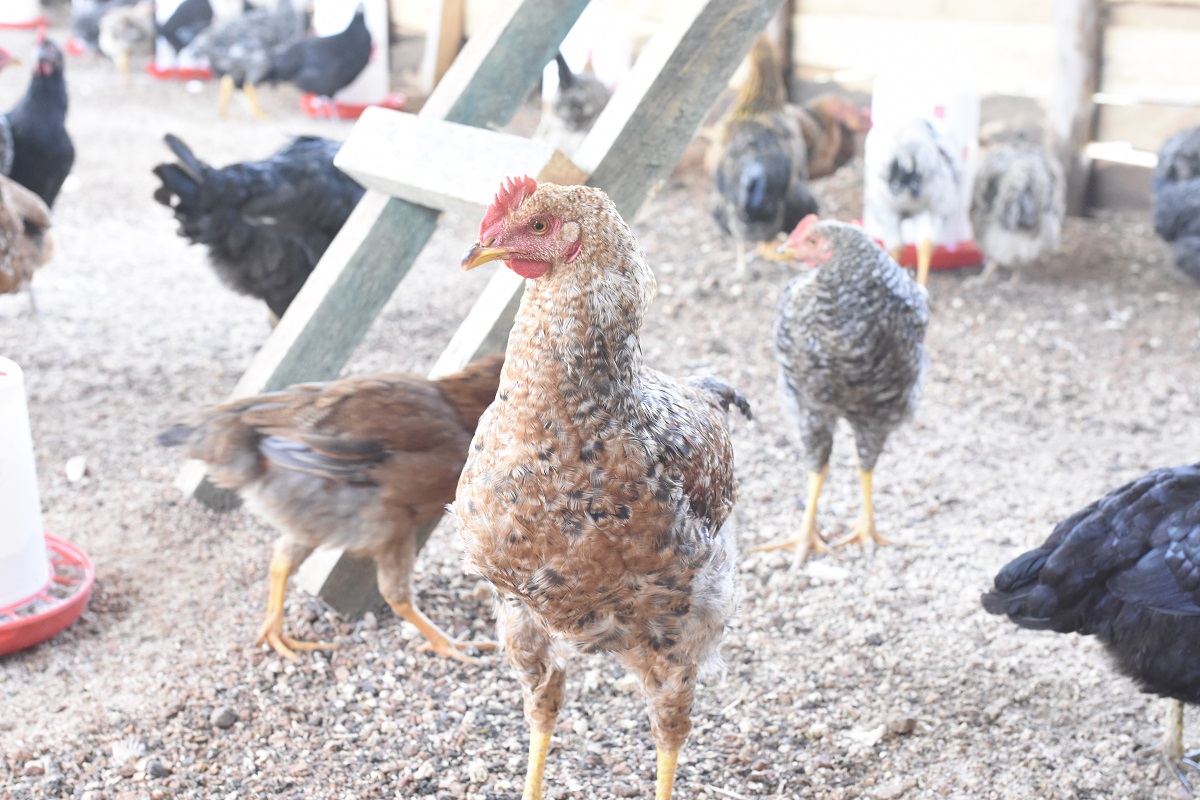
Judy Bettridge, Fellow in Biostatistics for Food and Agriculture, NRI |
Hazelnut muesli bars, fresh mackerel, frozen mushy peas: the curious selection of scattered items among the desolation of empty shelves in my local supermarket in Kent, UK, reminded me of time spent in Ethiopia, where our local shop in Bishoftu (Debre Zeit), a small town 45km outside Addis, never seemed to have the same stock two weeks running!
It makes me consider how COVID-19 will impact food supply in African countries. Even where food production is intensifying, systems still rely heavily on manual labour. To produce meat for a single city, thousands of people come together, from workers on livestock farms, through slaughtering and delivery, and the same is true for many other commodities. Sickness and absence among these workers will impact the food supply of urban dwellers, and also the welfare of the animals supplied to the food chain.
At this time of year, many Ethiopians will be raising chickens in preparation for high sales and premium prices at Easter, where chickens and eggs are cooked in the celebratory dish, doro wat. In Addis Ababa, cattle, sheep and chickens will fill the spaces along the highway and the markets bustle with people preparing to end several weeks of fasting. But what will happen this year? In Liberia, during the Ebola outbreak, markets were closed, agricultural production declined over the entire country, even in communities without Ebola cases, and almost half of households owning livestock reported a decline in numbers during the epidemic [1]. If rural smallholders cannot sell their livestock at Easter, will the disease outbreaks common in the subsequent rainy season be worse, due to denser livestock populations and increased pressure on feed resources? Will this further deplete the resources of poor households, or could market closures even deprive them entirely of a source of income that is often a fallback for unexpected costs such as medical fees?
Solutions to these problems are not simple: dramatic changes to infrastructure would be required to allow food to be processed, stored and distributed to cities more efficiently and safely. A tall order, in the light of more immediate challenges such as ensuring that abattoir workers in Africa have suitable footwear and access to toilets. However, some technologies, such as vaccinations against the most virulent animal diseases– Newcastle disease, for example – have proven benefits, and could be deployed now to protect the livestock and livelihoods of vulnerable communities in the months ahead.
[1] Gatiso TT, et al. (2018) The impact of the Ebola virus disease (EVD) epidemic on agricultural production and livelihoods in Liberia. PLoS Negl Trop Dis. doi:10.1371/journal.pntd.0006580
Find out more:

